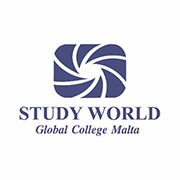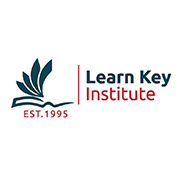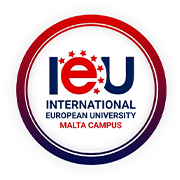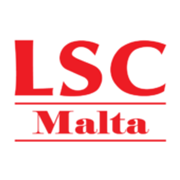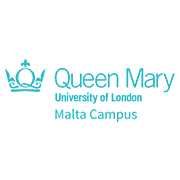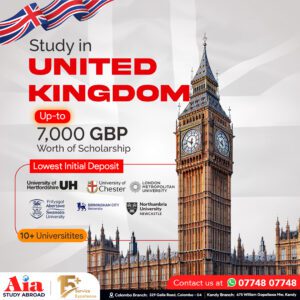Why Study in Malta?
Malta, a picturesque Mediterranean island, offers an excellent blend of high-quality education, affordability, and a vibrant lifestyle. Known for its English-speaking population, safe environment, and diverse programs, Malta is a top choice for international students. Its Malta Get Qualified Scheme adds financial incentives, making it even more appealing for students pursuing higher education in fields like business, IT, tourism, and maritime studies. AIA supports students through every step, from university selection and applications to visas and settling in.
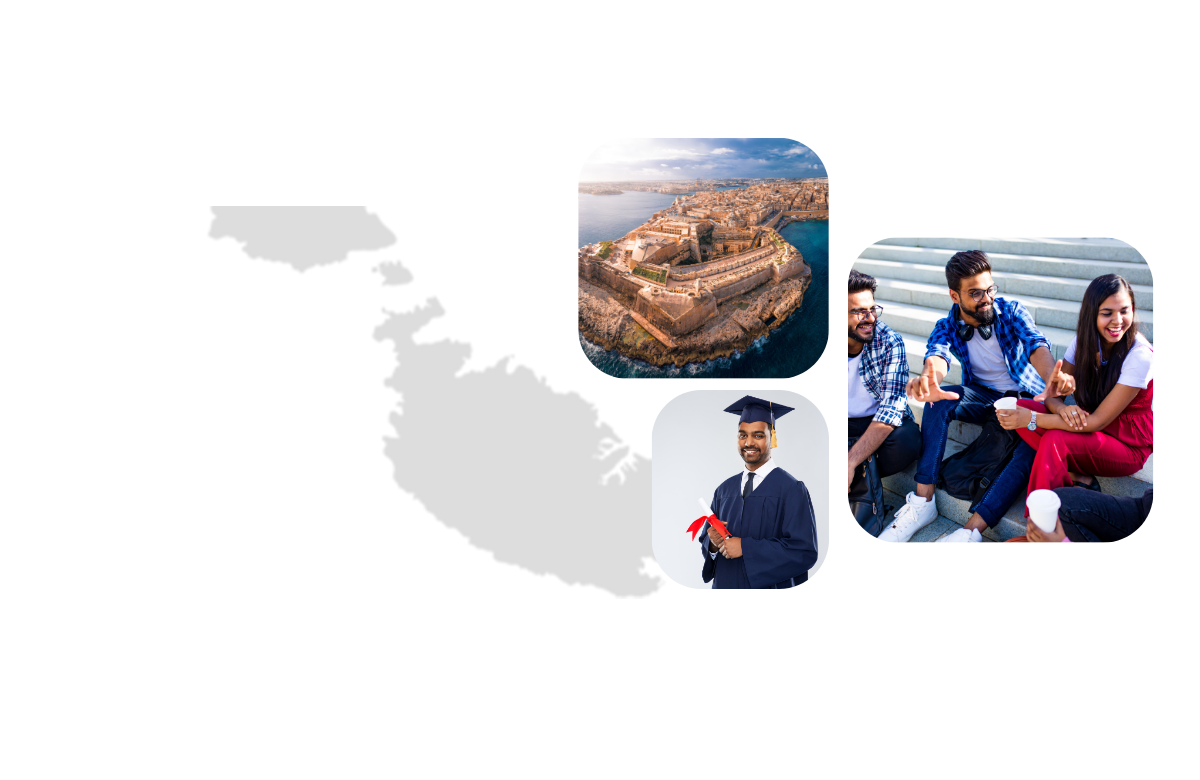
Key Facts to Study in the Malta
Language Spoken
English and Maltese
Cost of Study
EUR 7,000 – 12,000 per year
Exams Required
IELTS | TOEFL | Duolingo (For English Programmes)
Degrees
Bachelor’s, Master’s
Intakes
February and October [main intakes] April June July [sub intakes]
Best Cities
Valletta, Sliema, Birkirkara, and St. Julian’s
Our Partnered Malta Universities
AIA Study Abroad Partnered up with 50+ Malta Top ranked universities, to choose from
Scholarships
Students can reduce the financial burden with these scholarship opportunities:
Get Free Expert Assistance
| INTAKES AND DEADLINES | |
|---|---|
| October [main intake] | May to August |
| February [main intake] | October to December |
Cost of Study in Malta
Average Cost of Living
Undergraduate Degrees:
Tuition fees range fromEUR 8,000 – EUR 10,000 per year depending on the program and university.
Postgraduate Degrees:
Tuition fees range from EUR 10,000 to EUR 12,000 per year, depending on the program and university.
Living Costs:
Valletta, Sliema: : EUR 9,000 –12,000 per year for accommodation, food, transport, and other expenses.
Other Cities: EUR 8,000 – 10,000 per year.
| Type of Expense | Cost(Annual Average) |
|---|---|
| Tuition Fees | EUR 8,000 – 12,000 |
| Accommodation | EUR 4,000 – 6,000 |
| Food and Groceries | EUR 2,000 – 3,000 |
| Transport | EUR 300 – 500 |
| Miscellaneous | EUR 1,000 – 2,000 |
Note: Costs vary based on lifestyle, city, and university location
Cost of Study in Malta
Average Cost of Living
Undergraduate Degrees:
Tuition fees range fromEUR 8,000 – EUR 10,000 per year depending on the program and university.
Postgraduate Degrees:
Tuition fees range from EUR 10,000 to EUR 12,000 per year, depending on the program and university.
Living Costs:
Valletta, Sliema: : EUR 9,000 –12,000 per year for accommodation, food, transport, and other expenses.
Other Cities: EUR 8,000 – 10,000 per year.
| Type of Expense | Cost(Annual Average) |
|---|---|
| Tuition Fees | EUR 8,000 – 12,000 |
| Accommodation | EUR 4,000 – 6,000 |
| Food and Groceries | EUR 2,000 – 3,000 |
| Transport | EUR 300 – 500 |
| Miscellaneous | EUR 1,000 – 2,000 |
Note: Costs vary based on lifestyle, city, and university location
Malta Student Visa Requirements for Sri Lankan Students
Sri Lankan students wishing to study in Malta must apply for a National Long-Stay Visa (Type D) for Studies. Here are the essential requirements:

Process
Step 1
Apply for a visa at the Malta embassy or consulate
Step 2
Attend the Interview
Step 3
Wait for processing (typically 4–6 Weeks)
Step 4
Once approved, travel to Malta and begin your studies
Note: Apply early and ensure you meet all requirements.
FAQs
Malta is known for its affordable tuition fees, English-speaking environment, and strong links to the EU job market.
Submit proof of admission, financial means, health and travel insurance, and a valid passport for the visa application.
Yes, students can work up to 20 hours per week while studying.
Malta offers strong opportunities in sectors like finance, tourism, and IT, with pathways to EU-wide employment

